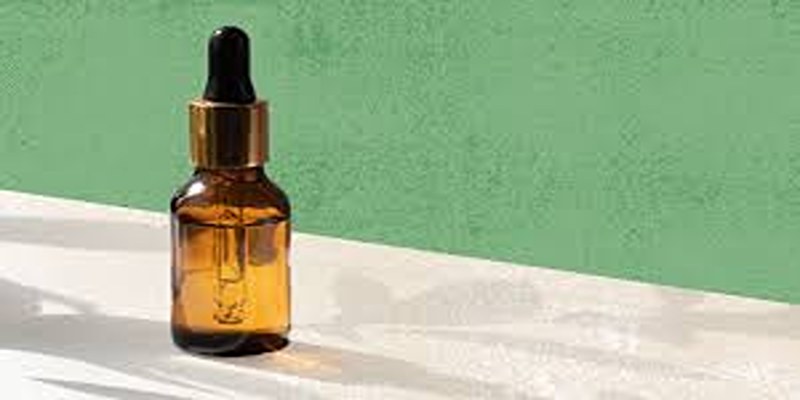How long does it take to recover from a stroke
Sep 05, 2024 By Nancy Miller
A stroke is a hazardous condition, and one should immediately take action for its treatment. However, what happens after a stroke, and how long does it take to recover are some crucial things to know.
Well, a stroke rehabilitation specialist named John Hopkins stated that "usually a stroke recovery is a relatively slow and obtuse procedure and everyone recovers from it differently.
So, let's have a look at some information on recovery time to know what to expect after a stroke.

Types of stroke
To ensure a robust recovery, it is essential to first diagnose which type of stroke has occurred. There are two types of stroke, and we will discuss each of them briefly.
Hemorrhagic stroke
The first type is hemorrhagic stroke: in this type, the blood vessel becomes too delicate that it explodes and tears apart.
Ischemic stroke
The second type is ischemic stroke, in which a blood lump occurs in a tiny structure in the brain.
High blood pressure is the primary cause of stroke.
Whereas a family history of irregular heart rhythm, high cholesterol and diabetes increases the risk of strokes. Old age, weight and smoking are other reasons.
Recovery from stroke
Day 1 early treatment
In case of a stroke, a person is immediately taken to the emergency department, where the type of stroke he is struggling with is determined. The next day is a critical time after a stroke and the early treatment with medication can prevent health from getting worse.
How serious the stroke you are having will determine for how long you will have to be in critical care and intensive therapy.
It is vital to begin rehabilitation after a stroke as early as possible. A rehabilitation squad typically involves neurologists, nurses, and speech and language therapists. All of them discuss the patient's condition regularly. During the first few days, the patient is likely to receive therapy every hour.
Recovery after a few weeks of the stroke
A person spends the first week after a stroke at the hospital. In the meantime, the rehabilitation crew will create an effective rehabilitation plan.
The long-term effects of each person's stroke depend heavily on his condition and the severity of the stroke; some of them are below.
Consequences to deal with after a stroke
Physical consequences
Moving around can be extremely difficult for the stroke patient. It can be quite hard for him to perform daily activities such as walking or lifting his arm. This happens due to weakness of unlike muscles and joints.
For this, the person must get assistance from a Physical therapist, who helps him regain his strength to perform daily tasks again.
Eating consequences
Difficulty in eating and swallowing food is widespread in patients with stroke. The nerve that helps with swallowing gets injured during a stroke.
The symptoms of swallowing issues are the following.
- There is too much choking when eating or afterwards.
- Cleaning your throat when eating or drinking.
- Eating very slowly.
- Hiccups after eating.
- The irritation in the chest after eating or drinking.
A speech therapist comes to the rescue in this regard. The patient may need to change his food and drink. Some may even require a gastrostomy tube for feeding.
Cognitive consequences
A person who has experienced a stroke will struggle with his memory and recollection. They will go through poor remembrance and trouble in thinking and concentration, which will cause depression to them.
Emotional consequences
Struggle with sadness and recklessness. Occupational and physical therapy can help determine which part of the brain is most affected. The patient will receive therapies six times a day while he stays at the hospital to recover from a stroke quickly.
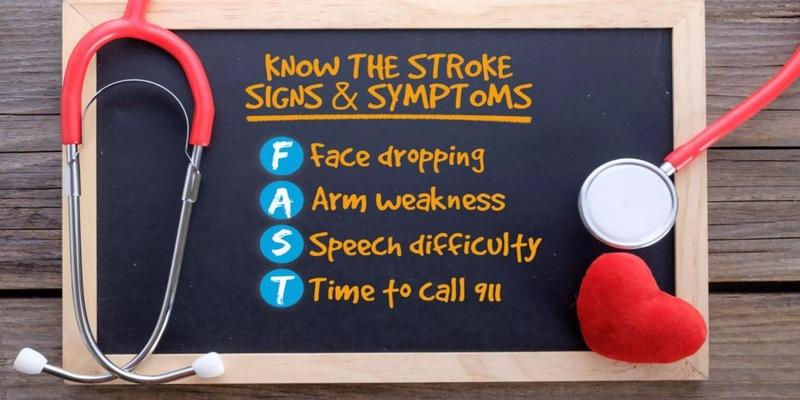
Time it takes to recover from the stroke
The exact time you would completely recover from a stroke depends upon some factors as discussed below:
Stroke rehabilitation precedence
The main objective of rehabilitation is to focus on ADLs ( activities of daily life ), such as bathing, eating, etc., while neurologists and physicists provide assistance to reduce the emotional and cognitive impacts. It might consume somewhere around 7 to 14 days.
Leaving the hospital
Even after leaving the hospital, you still have to be in rehabilitation. To recover in a shorter timeline, visit a rehabilitation clinic whenever required. You will need one or two hours of therapy regularly for at least a week.
Recovery in 1 to 3 months after the stroke
It will take around three months to get into a better condition after the stroke. It is also the most cruel time in which proper care is essential as it determines how long it will take to recover from a stroke effectively. This is the time of mild stroke recovery stages.
Spontaneous recovery
Spontaneous recovery has the potential to vanish if the stroke returns instantly as the brain discovers new strategies to do the shores.
Anticipant drawbacks
After one month of stroke, people commonly go through some drawbacks such as heart attacks or even another stroke. When these happen, the care team must adjust some rehabilitation plans.
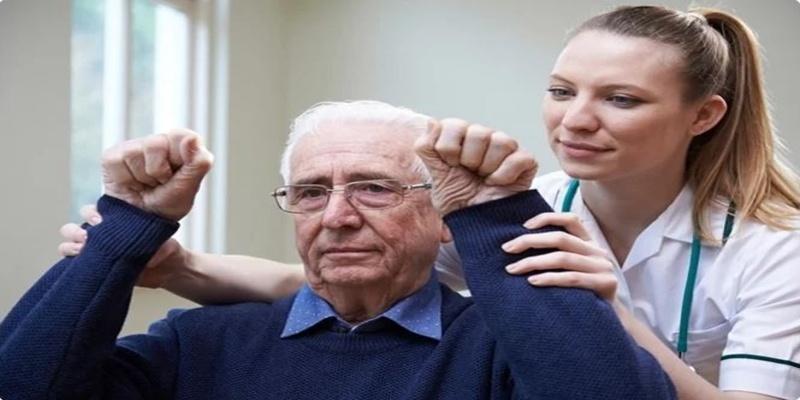
Recovery after six months and after
After six months, you would be able to see clear signs of recovery after the stroke. The question must be what percentage of stroke people make a full recovery. Well, many patients recover entirely by this stage, while others might have left with a stroke illness.
Also, a complete recovery depends on various things like the type of stroke, its rehabilitation, the rigidity of the stroke, and the time at which you received the treatment.
Even if you are fed up with the slow process, you must continue with the rehabilitation team. The specialist's teamwork will make the procedure faster and more effective, increasing the chances of early recovery. "Each time you require less help with work, it's a milestone for the sick said by Raghavan.
Conclusion
How long it takes to recover from a stroke is one of the crucial things to know if you or someone close to you suffers from it.
Stroke is a serious matter; taking action as early as possible is vital. A stroke can significantly impact a person's health and daily life. And it is important to consult with the specialist to know how to recover from a stroke quickly. Although the recovery time varies from person to person, coping with the care team will assist in a speedy recovery.

Best Foods High in Niacin: Essential for Energy and Health

Exploring the Effectiveness of Home Remedies for Skin Cleansing

How to Run Faster and Longer: 4 Effective Running Workouts for Speed and Endurance

Discovering the Power of Magnesium in Your Diet
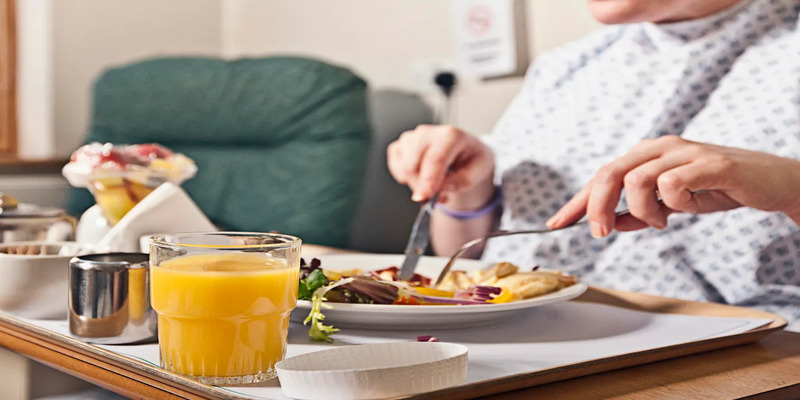
Serving up healthy, high quality and local food in Victorian public hospitals and aged care facilities

Ready to Try Backbends? Start Here for a Safe and Energizing Practice
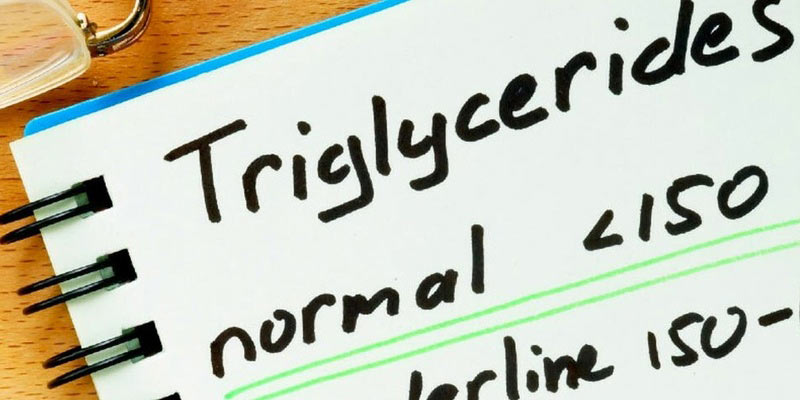
Understanding High Triglycerides
